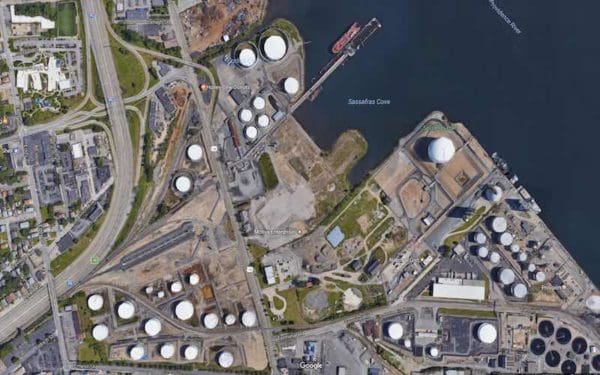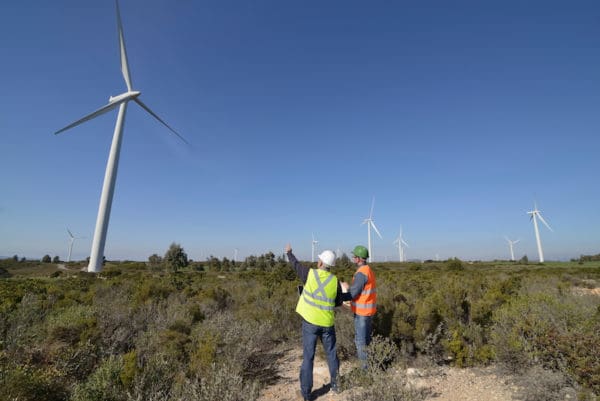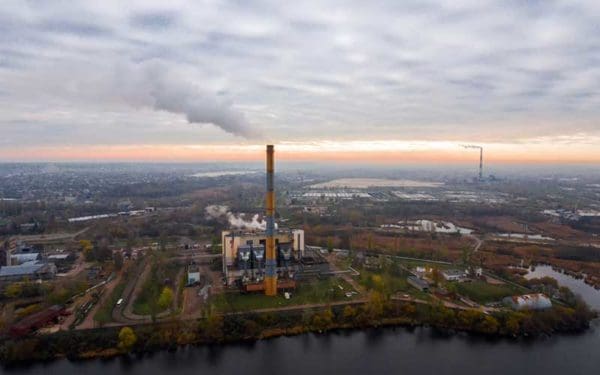States Stepping Up to Combat Toxic Forever Chemicals
Massachusetts regulated six dangerous PFAS chemicals. It’s a good start but, like its New England neighbors, more can be done to safeguard our drinking water.

Massachusetts regulated six dangerous PFAS chemicals. It’s a good start but, like its New England neighbors, more can be done to safeguard our drinking water.

“Today’s decision means we will have our day in court on unlawful Shell decisions that left Providence families and all of Narragansett Bay at imminent risk of catastrophic oil and toxic chemical spills,” CLF President Bradley Campbell said in a statement. “The company has for years deceived regulators and the public about the global and local risks of the climate crisis.”
“Today’s decision means we will have our day in court on unlawful Shell decisions that left Providence families and all of Narragansett Bay at imminent risk of catastrophic oil and toxic chemical spills,” said CLF President Bradley Campbell. “The company has for years deceived regulators and the public about the global and local risks of the climate crisis. CLF will now have the opportunity to hold Shell accountable for years of neglect and outright deceit at the expense of this public safety.”

“Renewable natural gas” is not a large-scale climate solution. It’s a shameless attempt by the fossil fuel industry to convince New Englanders to pay for more polluting pipelines.

A Renewable Energy Certificate is a way to measure and track the production of clean energy. It’s how states and utilities track how much clean energy is being produced by renewable energy sources and which electrical utilities are buying that power.

A Renewable Portfolio Standard is a way for states to ensure their electric utilities – and by extension, the states themselves – are making progress on clean energy. The best policies heavily emphasize clean renewables like wind and solar.

The impacts of Hurricanes Harvey and Laura on oil and chemical facilities in Texas and Louisiana were foreseeable. Yet, Big Oil giants like ExxonMobil and Shell have left their facilities there vulnerable – and now the surrounding communities are paying a terrible, long-term price. It is difficult to grapple with such a massive corporate failure. We can’t risk the same happening here in New England.

As we celebrate the four-year anniversary of New England’s national monuments, CLF is part of a growing movement of scientists, policymakers, businesses, and conservation organizations in the United States and around the world calling for the global protection of at least 30% of land and 30% of the ocean by 2030.

Communities across New England deal with the crude repercussions of local incinerators every day. As long we allow these facilities to operate, they will continue to poison our planet and our people.

“Climate change is real. The impacts of climate change are actionable,” Chris Kilian, a lawyer for the foundation, said at a hearing in the case on Thursday. “Climate change is already having documented and major impacts in Rhode Island and, more specifically, has been identified as a present and increasing threat in the Port of Providence.”